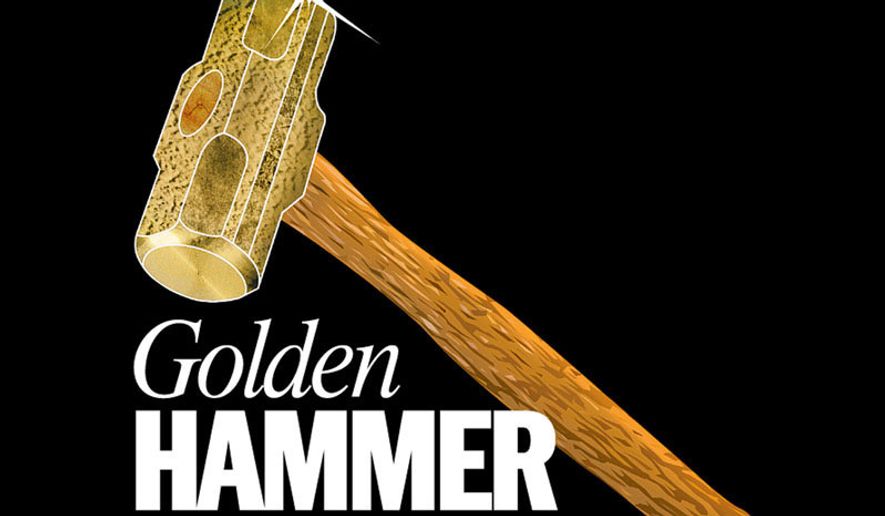Some of the wealthiest museums and universities in America are pocketing millions of dollars in federal money, courtesy of working-class Americans.
The Institute of Museum and Library Services (IMLS), an independent federal agency founded in 1996 to provide tax dollars to libraries and museums, annually approves grants to museums with hundreds of millions of dollars in assets and universities sitting on multibillion dollar endowments.
Harvard University, which has a $32 billion endowment, received two taxpayer-funded grants from the IMLS this year totaling $200,000.
IMLS also gave the American Museum of Natural History $148,000 this year to subsidize preservation efforts related to the museum’s collection of Siberian artifacts. The prominent Manhattan museum is one of the wealthiest in the world. According to its most recent IRS filings, the museum is sitting on $1.2 billion in assets and took in $197 million in donations and other revenues in 2012 alone.
Ellen Futter, the museum’s president, collects a salary and benefits package worth $1.2 million a year.
For most taxpayers, $148,000 is a lot of money. But for the Central Park West institution, it amounts to little more than pocket change — less than 1/10th of 1 percent of the museum’s annual intake.
SEE ALSO: Federal drug cases falter amid FBI misconduct probe
Officials from the American Museum of Natural History did not respond to requests to comment about the IMLS grant.
IMLS’ trickle-up theory of grant-giving literally takes money from struggling American taxpayers to fill the coffers of cultural and educational institutions that appear able to operate just as well without the public funds. For subsidizing the operations of the already rich, the Institute of Museum and Library Services has earned the Golden Hammer, The Washington Times’ weekly award given to examples of waste, fraud or abuse of tax dollars.
When contacted for comment, IMLS offered a statement, but refused to address specific questions or justify the agency’s grant decisions.
In a statement, Giuliana Solitario Bullard, the public affairs specialist for IMLS, said the goal of the grants is “to add value to the museum and library experiences of all Americans, wherever they live. We look beyond the individual libraries and museums to see how the projects will serve people.”
David Williams, the president of the Taxpayers Protection Alliance, an Alexandria, Virginia-based taxpayer watchdog group, said he was not surprised the institute was not more forthcoming.
“It’s no wonder they didn’t try to justify giving hundreds of thousands dollars of taxpayers’ dollars to museums with hundreds of millions of dollars in the bank. They can’t,” said Mr. Williams.
SEE ALSO: Russian hackers’ ‘Trojan Horse’ malware inside U.S. critical infrastructure since 2011
“There’s no way to justify taking money from taxpayers who are living paycheck to paycheck and giving it to institutions that have more money than God, Bill Gates and Oprah combined,” he joked.
This year, IMLS has a $226 million budget. Of that, $179 million goes to grants for libraries and $30 million funds grants to museums. The agency also spends another $15 million a year on overhead.
Three of the five universities with the largest endowments received library and museum welfare handouts in 2014. The schools, Harvard, the University of Texas and Princeton, have endowments valued at a combined $71 billion. IMLS still used $349,000 to subsidize library operations at the universities.
A $25,000 taxpayer-funded IMLS award went to the Carnegie Museum of Natural History, which has a fund balance of $360 million. Boston’s Museum of Science won two IMLS grants worth a total of $610,000, despite having more than $200 million in the bank and paying its president more than a $500,000 a year.
Critics say that if IMLS actually wants to use government money to help support libraries and museums, the agency’s leaders should spend less money supporting institutions with millions in the bank and focus more energy on helping museums and libraries struggling to keep their doors open.
According to Mr. Williams, “It’s unconscionable for that agency to take money from taxpayers and give it to some of the richest museums and universities in the world.”
“There’s no excuse for it.”
• Drew Johnson can be reached at djohnson@washingtontimes.com.




Please read our comment policy before commenting.